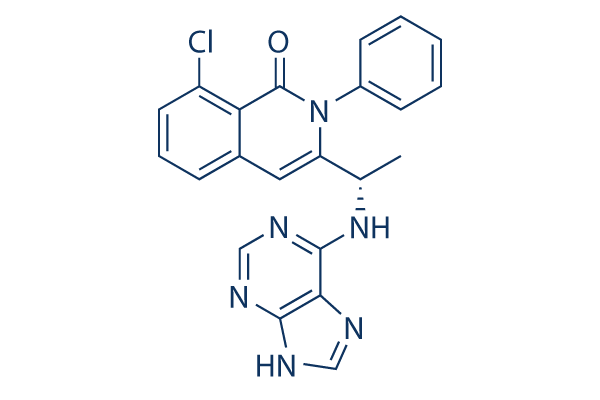In breast cancer, alterations to FGF signaling are con sidered essential for oncogenesis, primarily via amplication of FGFR1 and FGFR2. Following erbB2/ HER2, FGFR1 is amongst essentially the most frequently amplied genes in breast cancer, existing in up to 10% of all breast cancers. Numerous reports have proven that FGFR1 amplication is most frequently associated with ER expression, the absence of HER2 overexpression and lobular histology. Furthermore, the FGFR2 gene is amplied in about 1 to 2% of breast cancers. Genome wide association research have also shown that inherited SNPs from the FGFR2 gene are linked with an greater possibility of developing ER beneficial breast cancer, possibly by an increase in FGFR2 transcription. Despite the fact that activating mutations in FGFR3 and FGFR4 take place in lots of styles of human tumors, they seem to be unusual in breast cancer.
Recent information recommend that the luminal B subtype is enriched for FGFR1 gene amplication. One particular review examined tumors from two independent series of breast cancer for FGFR1 amplication, demonstrating that FGFR1 amplied cancers are often PR detrimental, possess a high proliferative price assessed by Ki 67 immuno staining and therefore are present in sixteen to 27% of luminal B breast additional resources cancer. In addition, the same research demonstrated that FGFR1 amplied breast cancer cell lines have each enhanced ligand dependent and ligand independent signaling, and therefore are dependent on FGFR signaling for anchorage independent development. These authors also demonstrated that read the full info here FGFR1 amplied cells have been resistant to endocrine treatment, but this could be reversed by knockdown of FGFR1.
Other scientific studies have also observed that resistance to endocrine treatment is usually reversed via both knockdown of FGFR1 expression along with the use of a modest molecule FGFR tyrosine kinase inhibitor. These ndings all recommend that the FGF pathway, and much more specically FGFR1 gene amplication, can be a major contributor for the poor prognosis observed in luminal B breast  cancer, by means of greater proliferation and resistance to endocrine treatment. Preclinical designs of breast cancer cells amplied for FGFR1 or FGFR2 have demonstrated sensitivity to inhibition of FGFR. This has led to numerous proof of idea early phase clinical trials employing FGFR inhibitors. Various antibodies and tiny molecule inhibitors of FGFR are currently in clinical testing. Initial generation tyrosine kinase inhibitors also inhibit VEGFR2 because of structural similarity in between the two tyrosine kinase domains. Table four lists a lot of the current agents focusing on the FGF pathway in breast cancer clinical trials. A significant challenge for all of those studies will be the identication of patients whose tumors harbor genetic amplication of FGFR1 or FGFR2.
cancer, by means of greater proliferation and resistance to endocrine treatment. Preclinical designs of breast cancer cells amplied for FGFR1 or FGFR2 have demonstrated sensitivity to inhibition of FGFR. This has led to numerous proof of idea early phase clinical trials employing FGFR inhibitors. Various antibodies and tiny molecule inhibitors of FGFR are currently in clinical testing. Initial generation tyrosine kinase inhibitors also inhibit VEGFR2 because of structural similarity in between the two tyrosine kinase domains. Table four lists a lot of the current agents focusing on the FGF pathway in breast cancer clinical trials. A significant challenge for all of those studies will be the identication of patients whose tumors harbor genetic amplication of FGFR1 or FGFR2.
Related posts:
- Comparison of PR and HER2 status involving ER BRCA1 breast cancer
- Breast cancer preferentially spreads to bone Tumor cells can dev
- Iyengar Yoga May Improve Fatigue in Breast Cancer Survivors
- Elesclom RFS in cohorts of patients with ER breast cancer treated with
- Natural products Torin 2 for breast cancer cells to chemotherapy independent of autophagy
